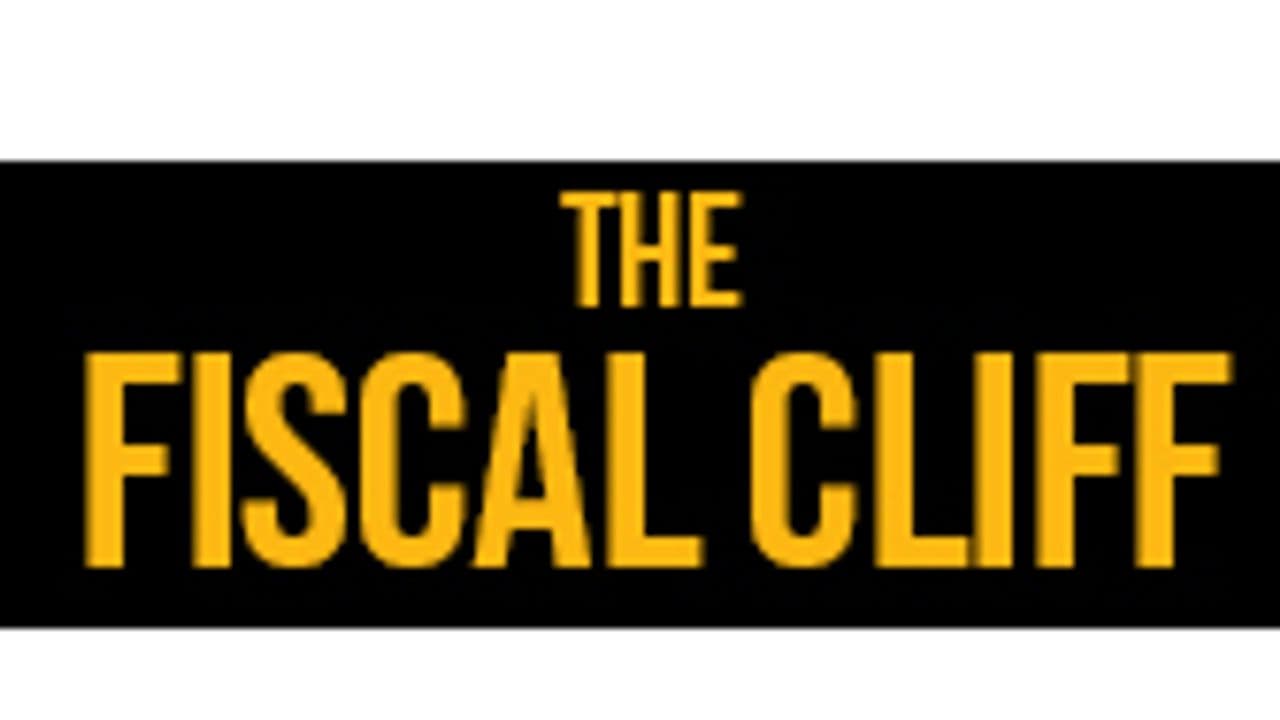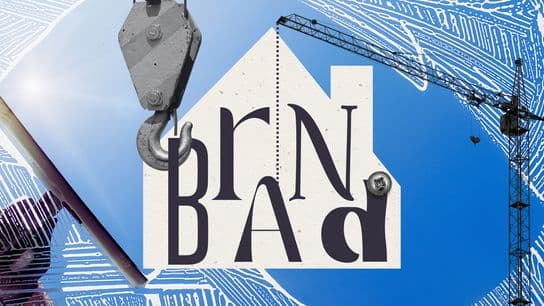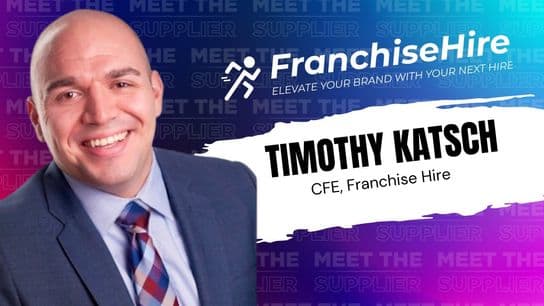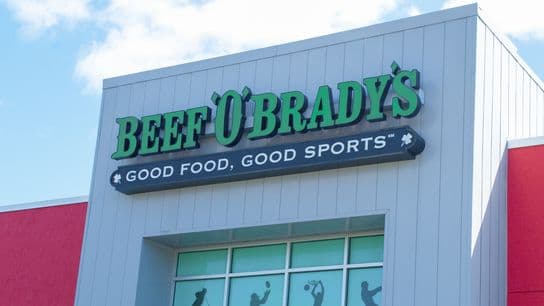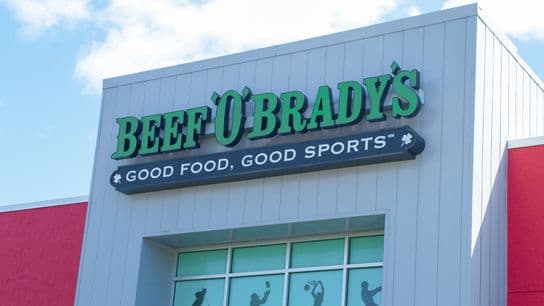Fiscal Cliff – What’s the Deal?
By RALLE KARADJOV
With negotiations concerning the fiscal cliff still ongoing, the fate of small business owners remains unclear. Americans are slowly approaching the end of 2012, and in turn, approaching Washington with more questions as economic laws are set to change on January 1, 2013.
The.....
By RALLE KARADJOV
With negotiations concerning the fiscal cliff still ongoing, the fate of small business owners remains unclear. Americans are slowly approaching the end of 2012, and in turn, approaching Washington with more questions as economic laws are set to change on January 1, 2013.
The fiscal cliff is a term referencing the combination of reduced government spending and an end to the Bush-Era tax cuts as well as tax credits indicated in a 2009 economic stimulus package – which could reduce consumption and employment.
The fate of small businesses and franchisees, however, is still unresolved. Small business owners and entrepreneurs will all be inadvertently affected in some way by the New Year. Tax hikes and spending cuts could mean tough economic times for small business owners and ongoing government negotiations, primarily between Speaker Boehner and President Obama, do not suggest that a deal will be made anytime soon. Adding to this frustration is the Congressional lame duck session, which began in November, and could result in a further hindrance to legislative progress. Franchise owners are concerned about the current situation, as business growth can decrease if current tax cuts are not extended beyond their December 31, 2012 expiration date.
Some economists, including current chairman of the Federal Reserve, Ben Bernanke, say going over the fiscal cliff could throw the U.S. economy back into recession. President Obama’s proposal includes the extension of tax cuts for the majority while calling upon those making $250,000 or more to engage in income tax accountability by paying a higher rate. Republicans, on the other hand, are unwilling to raise marginal income tax rates on the above average taxpayer, as evidenced by the lack of progress made in the meeting between Speaker Boehner and President Obama late Thursday evening.
Republicans are strictly opposed to an increase on taxes, regardless of an individual’s gross income, so this could mean various outcomes for a franchisee. Small businesses pay at an individual tax rate, so the size of the small business will determine if, and how much, their tax rates will increase. The discrepancy, however, lies in the definition of “small business,” which differs across party lines. Small businesses also face a potential increase in payroll taxes. Payroll taxes will go up from 4.2% to 6.2%, and in turn, businesses are urged to prepare for such adjustments. The legislative outcome of the fiscal cliff negotiations may not result in the same economic repercussions for each franchisee, as effects are dependent on many factors, including size. Business outcome is also circumstantial to consumer confidence, as it is a hefty indicator of small business success.
If negotiations are not resolved by the December 31, economic and fiscal uncertainty will continue affecting businesses. Regardless of the outcome of the fiscal debates and negotiations, any small business should try and keep costs in check, continue to improve quality, increase business flexibility, and modify products and services as needed to reflect the changing preferences and price sensitivity of customers.
MORE STORIES LIKE THIS
